Centrifugal pumps are commonly used at cider mills as they easily carry slurries containing suspended particles, such as the pulp and pumice which give cider its opaque appearance. The units are designed to increase the pressure of a fluid by converting mechanical energy, or electric energy in the case of electric pumps, from the engine or other power source into kinetic energy that is imparted on the fluid through centrifugal force. The resulting increase in velocity generates the pressure needed to force the fluid out or through the piping, be it that of a cider press or wastewater treatment facility. The buildup of pressure and centrifugal pull of these pumps is key to their operation. It allows for the provision of a uniform rate of flow which in turn provides the steady operation needed for such industries as agriculture, chemical processing, textiles, utilities, construction, food service and automotive which use application specific pumps ranging in size from as low as 12 Volt pumps to those requiring several kilovolts.
Specialized large and small scale trash pumps, water pumps, well pumps and more play an integral role all year round. Though the pumps themselves are relatively simple in design, without them the aforementioned industries would struggle to maintain even the simple operations, such as milk production and water purification, which billions around the world rely on. The many uses for centrifugal pumps demonstrate that the device is far from limited to seasonal cider making. Most of the industrial, commercial and even residential applications for centrifugal pumps are not seasonal at all. Like those found in cider mills, however, some centrifugal pumps do find more use at particular times or year.
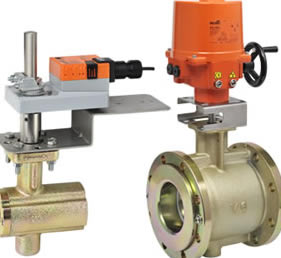 Ball Valves
Ball Valves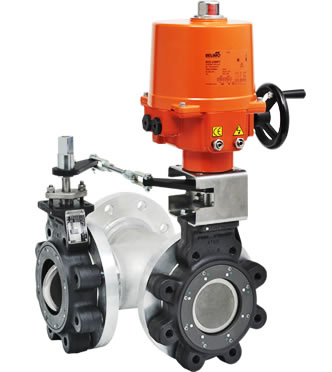 Butterfly Valves
Butterfly Valves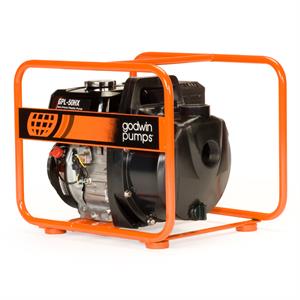 Centrifugal Pumps
Centrifugal Pumps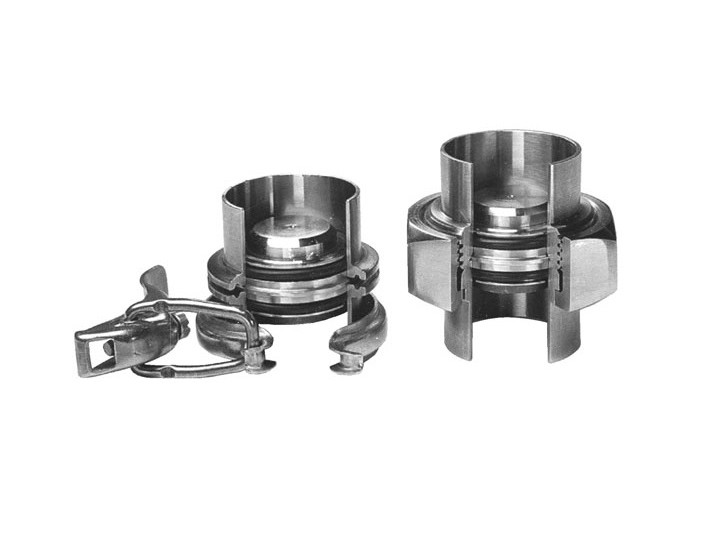 Check Valves
Check Valves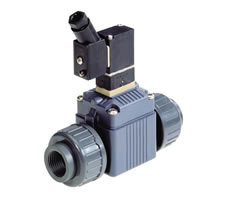 Diaphragm Valves
Diaphragm Valves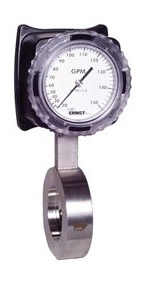 Flow Meters
Flow Meters Hydraulic Pumps
Hydraulic Pumps Hydraulic Valves
Hydraulic Valves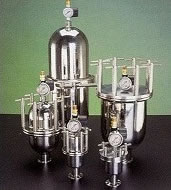 Metering Pumps
Metering Pumps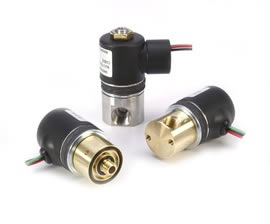 Solenoid Valves
Solenoid Valves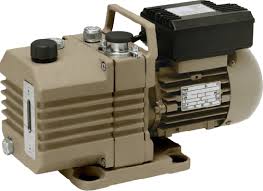 Vacuum Pumps
Vacuum Pumps Castings & Forgings
Castings & Forgings Bulk Material Handling
Bulk Material Handling Electrical & Electronic Components
Electrical & Electronic Components Flow Instrumentation
Flow Instrumentation Hardware
Hardware Material Handling Equipment
Material Handling Equipment Metal Cutting Services
Metal Cutting Services Metal Forming Services
Metal Forming Services Metal Suppliers
Metal Suppliers Motion Control Products
Motion Control Products Plant & Facility Equipment
Plant & Facility Equipment Plant & Facility Supplies
Plant & Facility Supplies Plastic Molding Processes
Plastic Molding Processes Pumps & Valves
Pumps & Valves Recycling Equipment
Recycling Equipment Rubber Products & Services
Rubber Products & Services